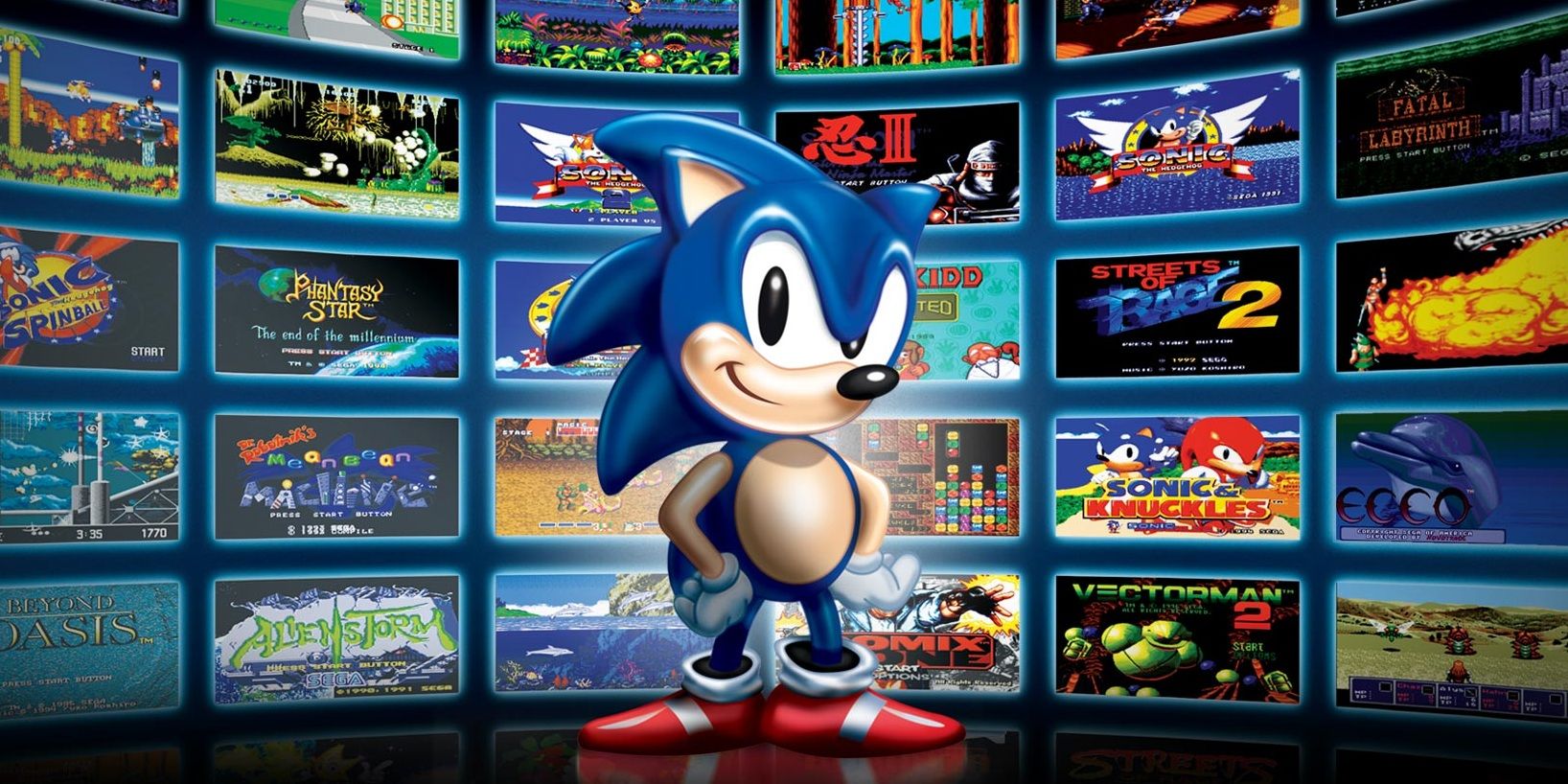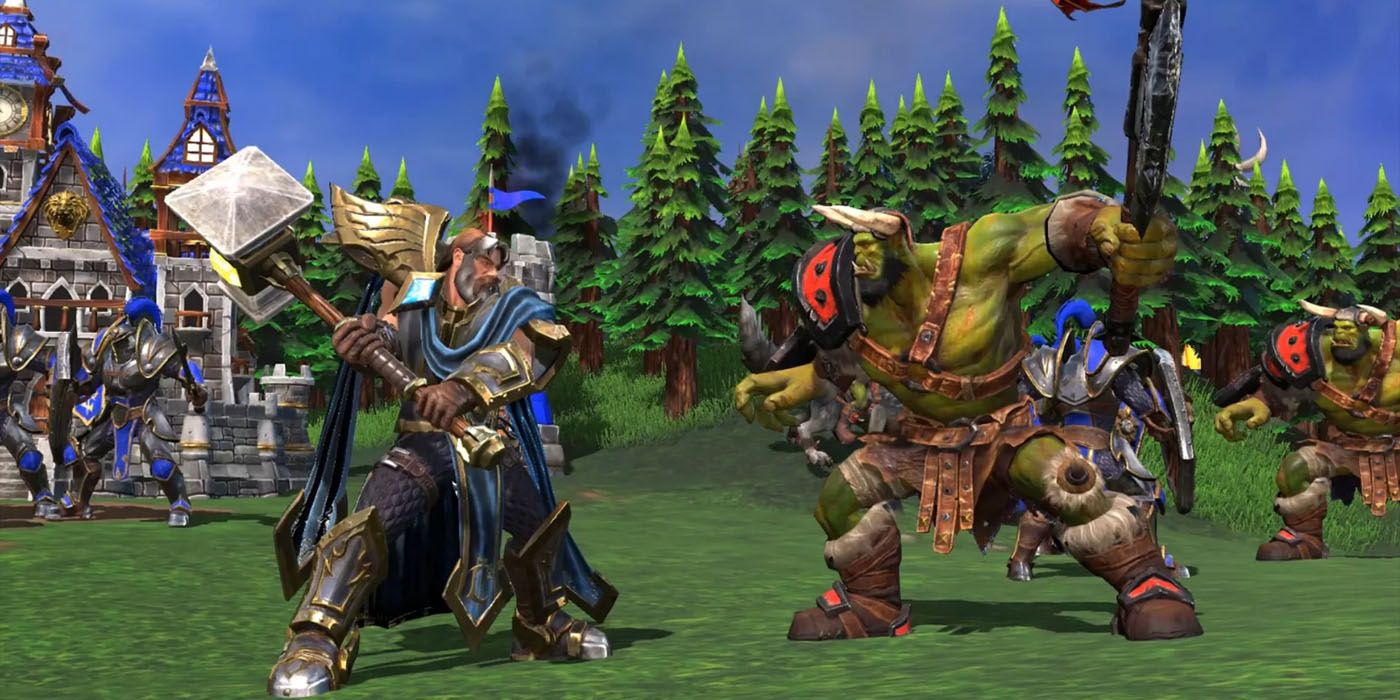Rereleases of classic titles like those in Sonic Origins can be a gamble for the brands they represent. In an age where games are taking significantly longer to develop, it makes sense to try to capitalize on a back catalog of titles resting in a company's vault. In addition, a rerelease provides an opportunity to reach an entirely new audience 10, 20, or even 30 years after their original debut, helping those demographics discover what made these games great in the first place. Unfortunately, however, these releases of retro games have the chance of backfiring if not handled with the utmost care - and the list of what can go wrong is far more exhaustive than what can go right.
Sonic Origins is likely to be a successful endeavor for Sega; Sonic is usually a sure bet when it comes to hitting good numbers, and the classic entries are the peak of the series in the eyes of fans. Headcannon is also heading up the project - the team behind the critical darling 2D adventure Sonic Mania - meaning the titles are in good hands. But Sonic Origin's pre-order follies have brought a bit of negative buzz around the game that Sega probably didn't account for. For example, there seem to be several pre-orders/deluxe edition bonuses that feel like they should be unlockable bonuses - especially when the titles are being lumped together for $39.99 standard. What's more troubling is the exclusion of "classic" music, which may indicate trouble securing music licensing rights, a long-discussed issue surrounding Sonic 3's original compositions. But Sonic Origins’ pre-order strategy brings about a few more significant concerns, trends that seem to be on the rise as of late with classic remasters and ports.
Sega let news drop shortly after the Sonic Origins remaster announcement that the classic releases of the titles on various consoles will be delisted. As a result, it'll be impossible to purchase Sonic 1, 2, 3 & Knuckles, and CD on anything except the excellent M2 and Christian Whitehead ports on mobile and portable devices. These entries roughly came out at around $4.99 apiece, and most of them came with upgrades of their own, but now they're nearly doubling. Sega likely wants to focus on a refreshed SKU with a current license that probably has fewer issues with rights negotiations. But this approach locks customers into buying a full product instead of purchasing each piece at their leisure. Sony started visiting this method during the PS3 when it released digital-only individual sales of classic titles, like the Jak & Daxter and Ratchet & Clank games. It's likely most other publishers believe the best way to sell is to go for a "value-added" approach. However, delisting the individual titles is more detrimental to consumers as it forces a total buy-in and can sour opinions on the brand and its sales strategies.
Mishandling A Classic (Like Warcraft) Can Tarnish a Brand
However, the challenges don't stop at compilations of classics - a single title like Warcraft 3: The Frozen Throne: Reforged was panned by critics and fans alike. The entry sought to breathe fresh life into the classic RTS but arrived in a state far worse than was promised. Blizzard dialed the game's lofty ambitions back, but the original release was also affected by the new title. Blizzard removed features from the original to make the two titles compatible with each other online, which meant, at the time, the original game no longer existed. The nasty surprise of the amended EULA that said Blizzard owned all created content in a player's game combined with an apology for Reforged that upset fans further damaged Blizzard's Warcraft brand.
Revisiting classic titles like in Sonic Origins is a gamble, no matter how a developer or publisher spins it. If mishandled, a new take on a classic may be seen as inferior, and fans will spread word of mouth enough to dissuade new prospective players from picking up the game. While rebuilding a title to run more adequately on modern consoles may be the preferred way to approach re-releases, that method isn't always cost-effective or feasible - primarily if the source code no longer exists. However, if developers like Sega decide to proceed with future-retro repackaging efforts similar to Sonic Origins, they should exhibit caution and consider what made the originals unique.


